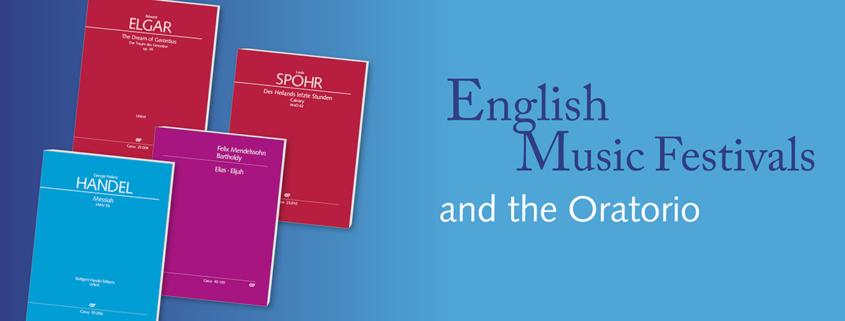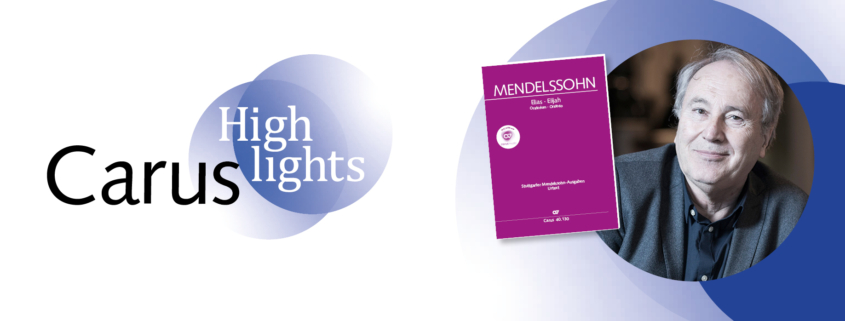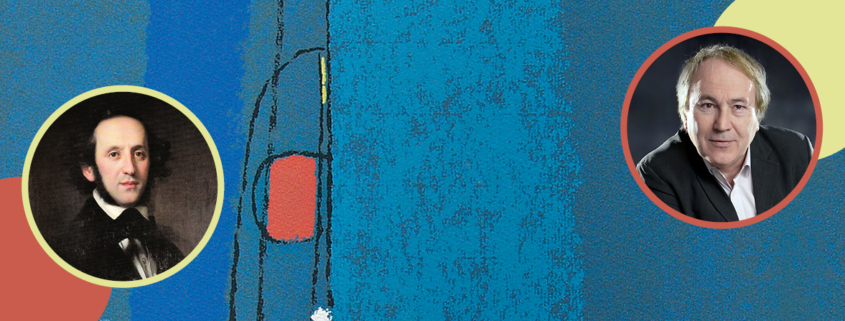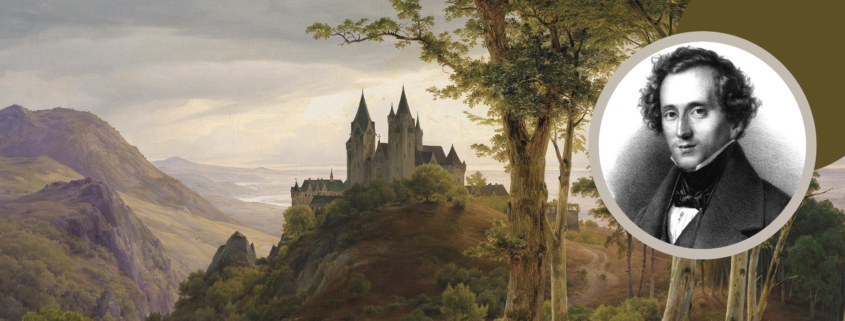It All Started with Handel…
Georg Frideric Handel is the creator of the English oratorio. When he first staged his Esther as a religious drama without scenic action at the King’s Theatre in London in 1732, it marked the beginning of an unparalleled success story. Opera audiences were so enthusiastic about the new genre that from that time onwards Handel, who was not only a composer but also a theater manager, filled his opera houses with oratorios based on biblical themes. Performances of the Messiah and later of other oratorios too for charitable purposes were one of the central driving forces behind the development of the great music festivals that were held from the early eighteenth century onwards.






